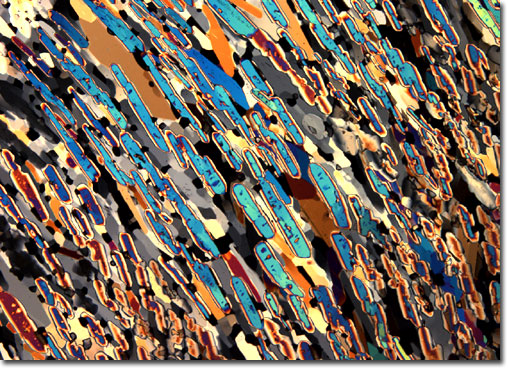|
In 1831, beta-carotene was first isolated from the roots of carrots, but it was not until the Nobel prize-winning research of Paul Karrer in the early 1930s that the structure of the substance was determined. The earliest use of synthesized beta-carotene was as a food colorant, but during the 1980s the vitamin precursorís growing reputation as an antioxidant and a possible cancer-fighter resulted in its frequent inclusion in vitamin supplements. Since that time, however, conflicting findings about the benefits of taking synthesized beta-carotene have surfaced. In fact, in one notable study, smokers who were administered regular doses of the synthetic carotene displayed an increased chance of suffering from lung cancer.
|
